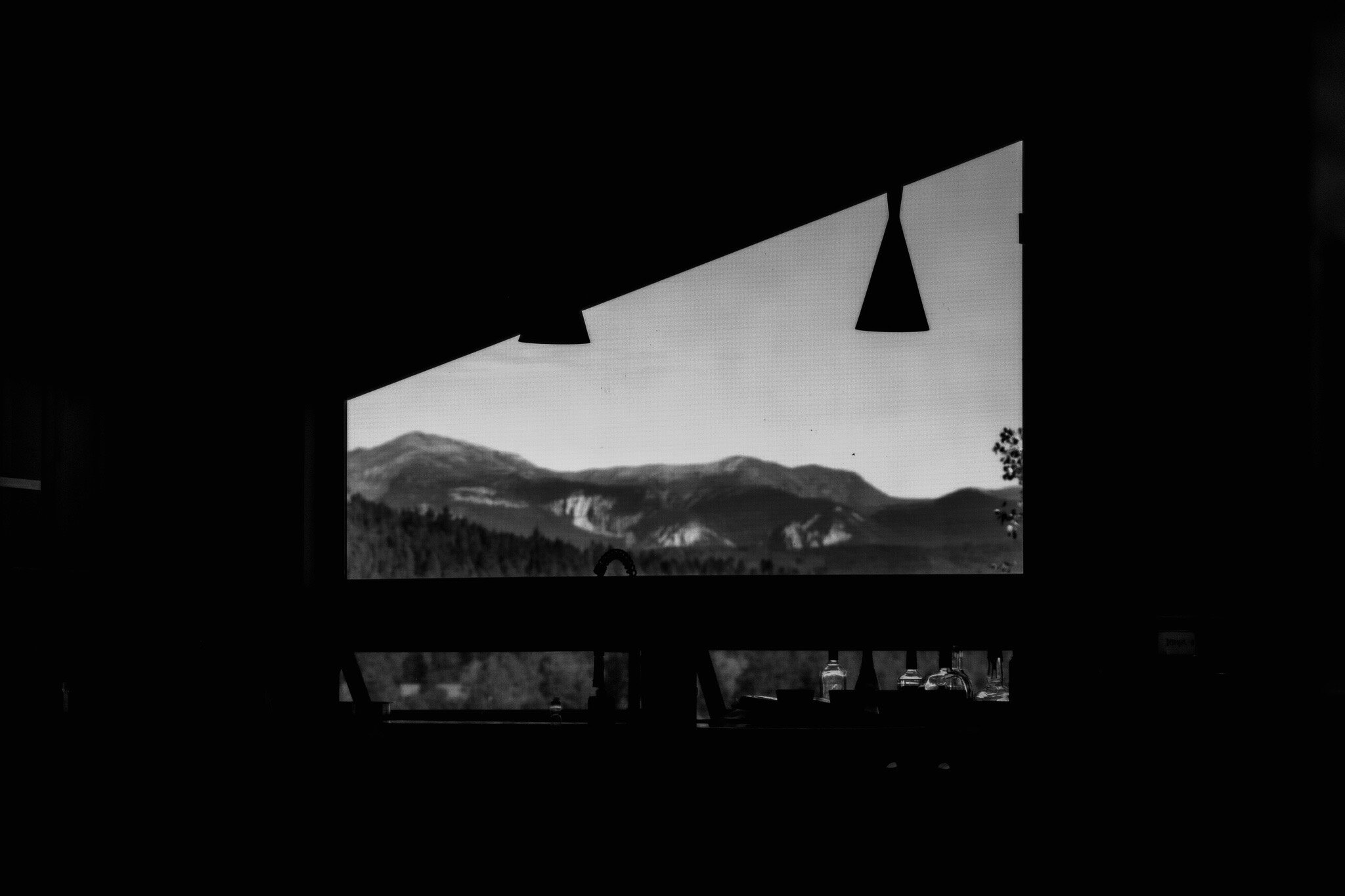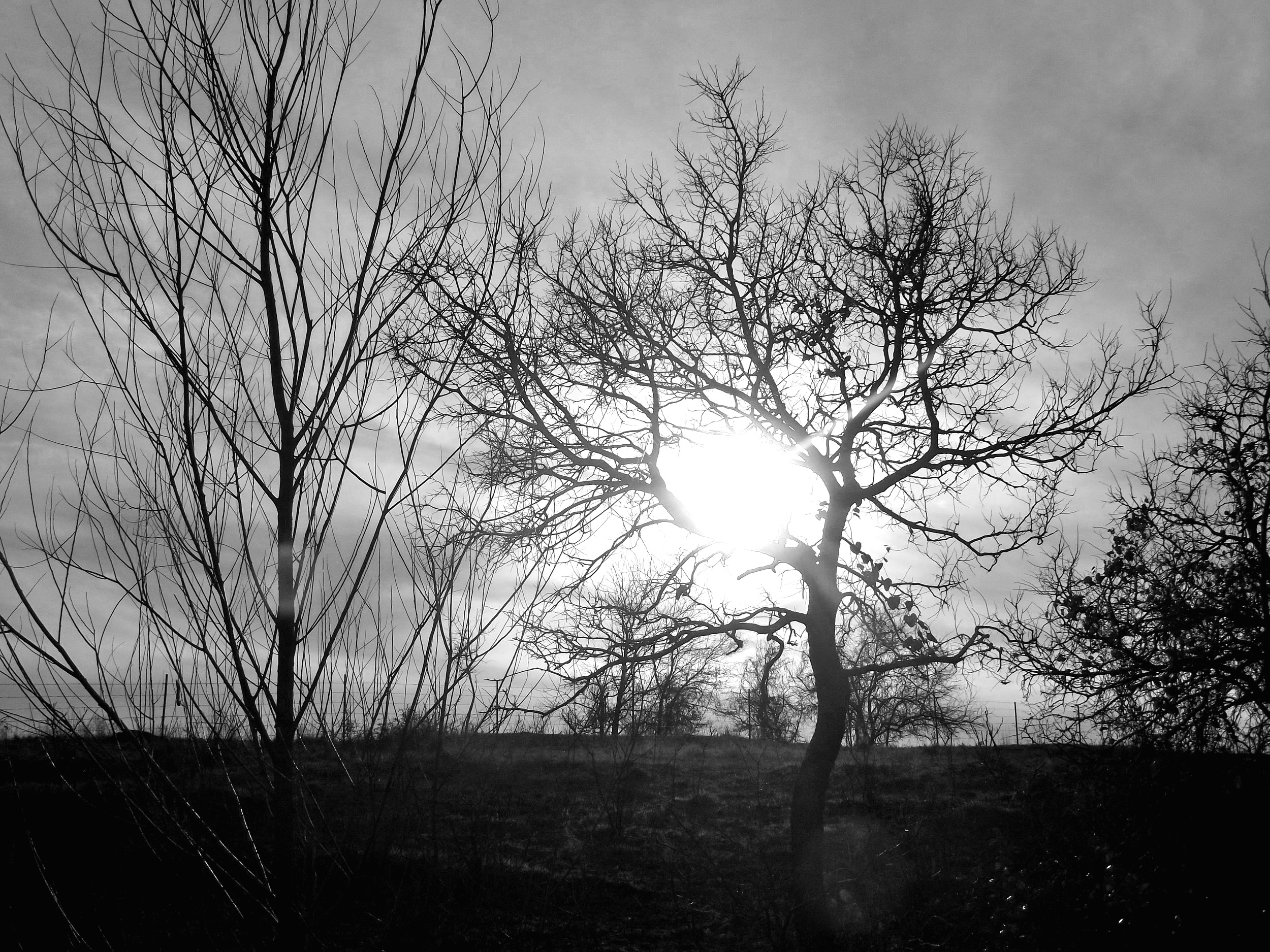I have zero recollection of what it was like learning to talk, not to mention learning the ins and the outs of the English language at such a young age. Thinking about it now, it’s pretty crazy that an 18-month-old can begin to learn sounds and words while stringing together basic sentences. Trying to learn a language now at the age of 28 seems almost impossible, so the idea that a small human can do that and not yet find the toilet is really impressive.
I remember mispronouncing a lot of words as I was learning - “Escalator” was “alphagator,” “Weed eater” was “weed heater” and “Houston” is *still* “Youston.” As a kid, I was finding my voice, and now as an adult, I feel like I’m back in the exact same place.
For the last eight years, I’ve spent a lot of my time learning other people’s voices, mostly for work. When you’re a content writer drafting verbiage for an employer, you’re taught to adopt a company voice, an image of sorts, and to stick to that voice. It’s what you do, and through that, I’ve found that it’s been really easy to lose the voice that I once worked super hard to learn (as an 18-month-old).
Reading content does funny things to you, whether it be in books, online, social media, whatever your outlet of choice is. You spend so much time looking at what others post, what others think and what others say that it makes it really hard to separate what’s yours from what’s theirs. It’s so easy to look at other brands, businesses and people for inspiration and to take rather than adapt, losing what’s your own and replacing it with their own. The situation usually plays out like this: I start trying to write a blog or a post, I can’t seem to process what I need to convey in my own words, I look at another’s content for ‘inspiration,’ I copy and paste the verbiage they’ve created onto what I’m trying to create, and then I try to cut, manipulate and change what’s theirs into something that can be mine. The result? A weird blend of multiple voices that aren’t streamlined, aren’t my own and lack the depth of thought and creativity that I’m capable of. And that’s frustrating.
I don’t think the point of social media, blogging, content creation or any sphere of writing is ever to create a culture of comparison. I think its intent is to provide a space that makes it comfortable to express oneself as oneself. A place the encourages and challenges creativity and self expression. That’s how we get better. That’s how we learn who we are and learn how to form our own thoughts ideas and options. It’s where we discover and learn our own voice.
That’s where I want to get back to. I’m ready to ditch the fear of comparison in my writing and ready to once again pursue my own thoughts, ideas, beliefs and creativity, regardless of what others, no matter how close they are to me, think - not selfishly, but in the most self challenging way possible.
-Cliff
Cliff’s Note: Write.




















